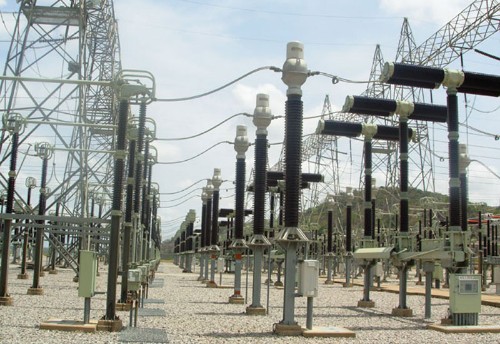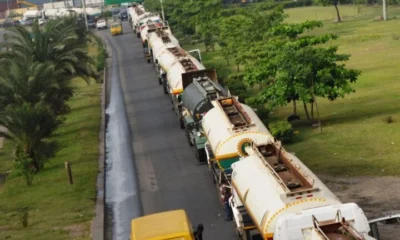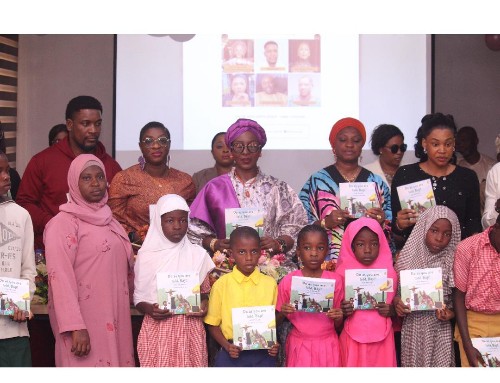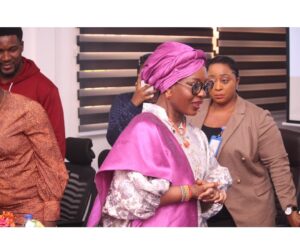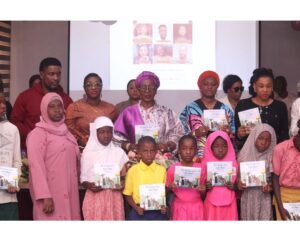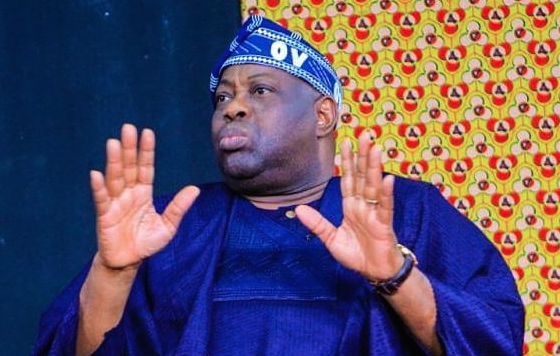The Federal Government has announced plans to invest $800 million in the construction of sub-stations and distribution networks under the Presidential Power Initiative (PPI).
This was disclosed by Bolaji Tunji, Special Adviser on Media and Strategic Communication to the Minister of Power, in a statement issued in Abuja on Sunday.
According to Tunji, the Minister revealed this during a visit to TBEA, a Chinese manufacturer of power transformers and transmission project developer, in Beijing.
He said that the minister was in Beijing for the China-Africa Cooperation Summit.
Adelabu said that the investment would be divided into two lots: $400 million for lot 2, covering Benin, Port Harcourt, and Enugu Distribution Companies (DisCos) franchise areas, and $400 million for lot 3, covering Abuja, Kaduna, Jos, and Kano DisCos franchise areas.
The minister expressed concern over the rejection of power by DisCos, which recently led to a reduction in generation capacity by 1,400 megawatts, from a peak of 5,170 megawatts, due to their inability to manage the supply.
He said that in spite of the setback, the government aimed to increase power generation to 6,000 megawatts by the end of the year.
“When this administration came on board in 2023, we met about 4 gigawatts (4,000 megawatts) of power but within a year, we were able to generate a milestone of 5,170 megawatts,” Adelabu said.
”That is about 1,000 megawatts of power within the first year. It may look small, but compared to the history of the country, this is commendable.
”Our plan is by the end of the year, we aim to achieve 6,000 megawatts of power through a combination of hydro electric power plants and our gas-fired power plant.
“We are also targeting 30 gigawatts of power to be generated, transmitted and distributed by year 2030 out of which 30 per cent will be renewable energy.”
Speaking on the problems in the power sector which had hindered industrial growth, the minister said this was due partly to the fragility of the transmission and distribution infrastructure which had become old and dilapidated.
“This has led to historical epileptic supply of Power to households, industry and businesses,” he said.
“More than 59 per cent of industries in Nigeria are off the grid. They did not see the national grid as reliable and dependable. So, a lot of them now operate their own captive, self-generated power.”
On the construction of a super grid, Adelabu said the national grid in its present state could not support the vision for the power sector.
“If we look at the strength, the capacity and the age of our existing network on the national grid, it cannot really support our vision for the power sector, hence the need for the construction of the western and eastern super grid,” he said.
”Though we have been on this since my assumption of duty, I can also tell you that the president is in full support of this because it will improve our transmission network.”
“It will also stabilise the grid and also expand the capacity and the flexibility of the grid.”
Adelabu said 90 percent of the approval required is in place and will be concluded soon.

 BIG STORY4 days ago
BIG STORY4 days ago
 BIG STORY2 days ago
BIG STORY2 days ago
 BIG STORY4 days ago
BIG STORY4 days ago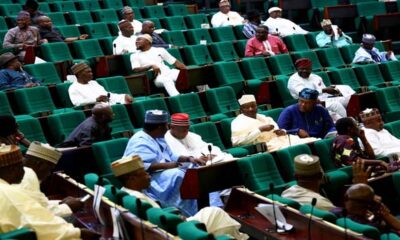
 BIG STORY4 days ago
BIG STORY4 days ago
 BIG STORY2 days ago
BIG STORY2 days ago
 BIG STORY13 hours ago
BIG STORY13 hours ago
 BIG STORY13 hours ago
BIG STORY13 hours ago
 BIG STORY3 days ago
BIG STORY3 days ago




